Discover the critical moments of COP28: from 8 key takeaways, important topics and other news. Explore how COP28 shapes the path for global climate action — written by Arbor, a Carbon Management platform, with industry-leading accuracy for carbon calculation, reporting, insights & more.
8 Key Highlights from COP28
1. Record-Breaking Attendance
COP28 stood out with a staggering 100,000 attendees, signalling a heightened global interest in climate action. This number nearly tripled the attendance of previous conferences, bringing together a diverse array of stakeholders.
2. Climate Tech Takes Center Stage
Climate technology played its largest role ever, with dedicated hubs and a startup village, emphasizing the move from diplomacy to action-oriented solutions. Climate tech similar to Arbor’s Carbon Calculator has been highlighted at COP28. This shift marked a pivotal moment in COP history.
3. Unprecedented Financial Mobilization
Over $57 billion was mobilized in the first four days of COP28, showcasing a significant commitment to climate financing. This financial infusion set a new precedent in global climate agendas. The increase in green financing was a top mention at COP28.
4. Loss and Damage Fund Operationalized
At the time of writing, COP28 nations collectively pledged over US $680.3 million to the Loss and Damage Fund, a crucial initiative aimed at addressing the impacts of climate change in vulnerable countries. The most substantial contributions came from Italy and France, each committing a remarkable $108.9 million. They were closely followed by Germany and the United Arab Emirates, with each nation pledging $100 million. The United Kingdom also made a significant contribution, offering $75 million. These leading pledges represent a collective effort toward the ambitious goal of mobilizing US $100 billion annually by 2030 to support nations most affected by climate change.
5. Focus on Renewable Energy Expansion
One of COP28's primary goals was to triple the world’s renewable energy capacity to 11,000 GW by 2030. This ambitious target reflects the urgency of transitioning to cleaner energy sources.
6. The Fossil Fuel Controversy
COP28’s location and Sultan Al Jaber’s comments on fossil fuels sparked a global debate, highlighting the complex transition from current energy systems to sustainable alternatives.
7. Record Number of Fossil Fuel Lobbyists
An analysis revealed that more than 2,400 fossil fuel lobbyists attended COP28, raising concerns about the influence of the fossil fuel industry on climate negotiations.
8. Food, Agriculture, and Water Day
For the first time, COP28 dedicated a day to exploring the role of food systems in climate change, emphasizing the need for sustainable practices in food production and water management.
Important Topics at COP28
Transitioning to Clean Energy
One of the pivotal discussions at COP28 revolved around the urgent need to transition to clean energy. The conference highlighted the significance of accelerating this transition to meet the global target of limiting temperature rise to 1.5°C. Delegates discussed strategies for reducing dependence on fossil fuels, expanding renewable energy infrastructure, and addressing the challenges of financing and technological advancement in the energy sector. The dialogue emphasized the importance of international cooperation, technological innovation, and financial mechanisms to fast-track this transition.
Centering Nature, People, Lives & Livelihoods
COP28 underscored the importance of placing nature, people, and communities at the forefront of climate action. The discussions delved into how climate change disproportionately affects vulnerable populations and the need for climate solutions that address social and environmental justice. Topics like circularity, sustainable agriculture, water management, and protecting ecosystems were central to these discussions, emphasizing the interconnectedness of climate action and community well-being. The conference also highlighted the need for policies and initiatives that support adaptation and resilience in affected communities, ensuring that climate action is both equitable and inclusive.
Financing Climate Action
A key focus at COP28 was the crucial role of finance in climate action, emphasizing the synergy between public policies and private sector investment. The conference highlighted the need for innovative financing models to bridge the funding gap for a low-carbon economy. Discussions centred on delivering financial commitments and establishing frameworks for new financial deals, especially for developing countries facing challenges in accessing climate finance. The talks stressed the importance of ensuring these funds are not only sufficient but also equitable. A significant call was made for developed nations to support climate action in less affluent countries through financial aid and technology transfer. This approach aims to create a conducive environment for investments in renewable energy and green technologies, ensuring that climate finance is delivered effectively and reaches the communities and projects that need it most.
Mobilizing Inclusivity
COP28 aimed to be the most inclusive COP to date, with a strong focus on ensuring that decisions and solutions are inclusive and collaborative. This included involving Indigenous Peoples and local communities in the decision-making process and recognizing their valuable knowledge and experience in natural resource management. The conference stressed the importance of hearing diverse voices, including those of youth, women, and marginalized communities, to ensure that climate solutions are holistic and representative of the global population. The goal was to move beyond tokenistic inclusion towards meaningful participation and leadership of these groups in global climate dialogues.
A Deep Dive into the COP28 Controversies and Commitments
The Dual Nature of COP28
COP28 in Dubai presented a stark juxtaposition between the current reliance on fossil fuels and the global drive for sustainable energy solutions. This dichotomy was highlighted by the conference's location amidst oil refineries, a visual reminder of the challenges in transitioning from fossil fuel dependency to greener alternatives. The setting brought to light the complexities of balancing economic interests with environmental imperatives, especially in regions heavily invested in the oil and gas industries.
Shock and Response to Sultan Al Jaber’s Comments
“A phase down and a phase out of fossil fuel in my view is inevitable — it is essential — but we need to be real, serious and pragmatic about it. There is no science out there, or no scenario out there, that says that the phase out of fossil fuel is what’s going to achieve 1.5.”
- Dr. Sultan Al Jaber, COP28 President
The appointment of Dr. Sultan Al Jaber as the President of COP28, who also holds the position of CEO of the Abu Dhabi National Oil Company (ADNOC), was met with significant controversy. Given ADNOC's expansion plans, many viewed his dual role as a conflict of interest, particularly as the climate conference seeks to navigate the delicate transition away from fossil fuels. Critics argued that his leadership in both the oil industry and a pivotal climate summit represented opposing agendas, highlighting the broader tension between economic interests in oil production and the global mandate for environmental sustainability. This juxtaposition became a focal point of debate in the early stages of COP28, reflecting the intricate and often contentious dynamics that define the global discourse on climate change and energy policy.
Draft Global Stocktake Text and Fossil Fuel Language
The negotiations around the global stocktake text, focusing on the reduction or elimination of "unabated" fossil fuels, were a central topic at COP28. This discussion was critical in shaping the conference's outcomes and set the stage for future climate policies. The nuances in language and the implications of terms like "phase-out" versus "phase-down" were intensely debated, reflecting the complexities of international climate agreements.
What didn’t get done
At COP28, progress on key climate initiatives was decidedly mixed, with several pivotal topics stalling. The critical Global Stocktake, aimed at assessing the progress of climate action, remained in the draft text without an agreement, as did the vital goal for global adaptation, essential for bolstering resilience against climate impacts. Programs for a just transition and mitigation work, central to reducing emissions equitably, also failed to reach a consensus. Equally concerning was the absence of agreed outcomes on the financial frameworks post-2025, pivotal for sustaining climate finance. Discussions on the mechanisms of Article 6, including bilateral trading and carbon markets necessary for the Paris Agreement, concluded without resolution. Additionally, decisions on national adaptation plans and reports were postponed, while almost agreed terms on gender and climate provided some positive notes amidst the delays. The lack of consensus on agriculture and food security, as well as postponed actions for climate empowerment, emphasized the intricate challenge of interweaving climate action with all sectors of global governance.
List of topics at COP28 and the status of them, from Carbon Brief.
COP28 highlights the pressing need for comprehensive climate strategies in every sector. At Arbor, we are dedicated to empowering companies with accurate carbon management tools. Connect with us to explore how your company can contribute to global climate goals and stay ahead in the transition to a sustainable future. Talk to our sales team to learn more.
Measure your carbon emissions with Arbor
Simple, easy carbon accounting.
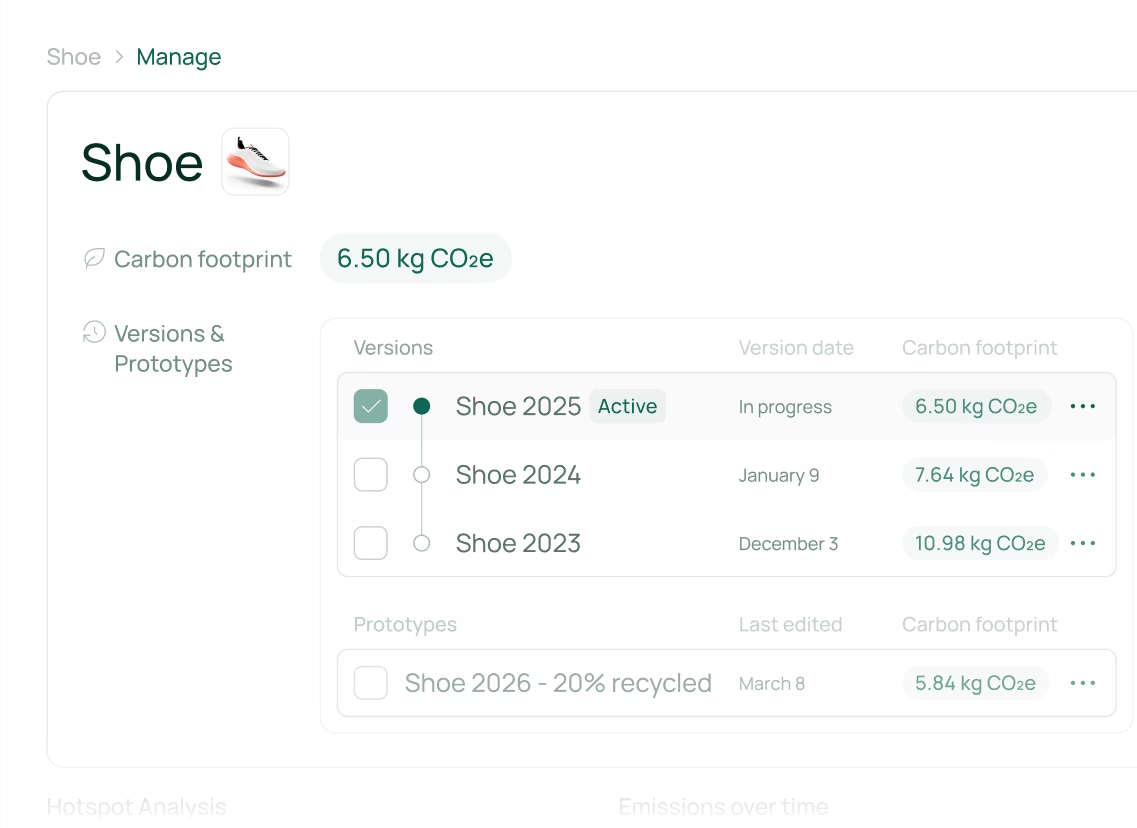






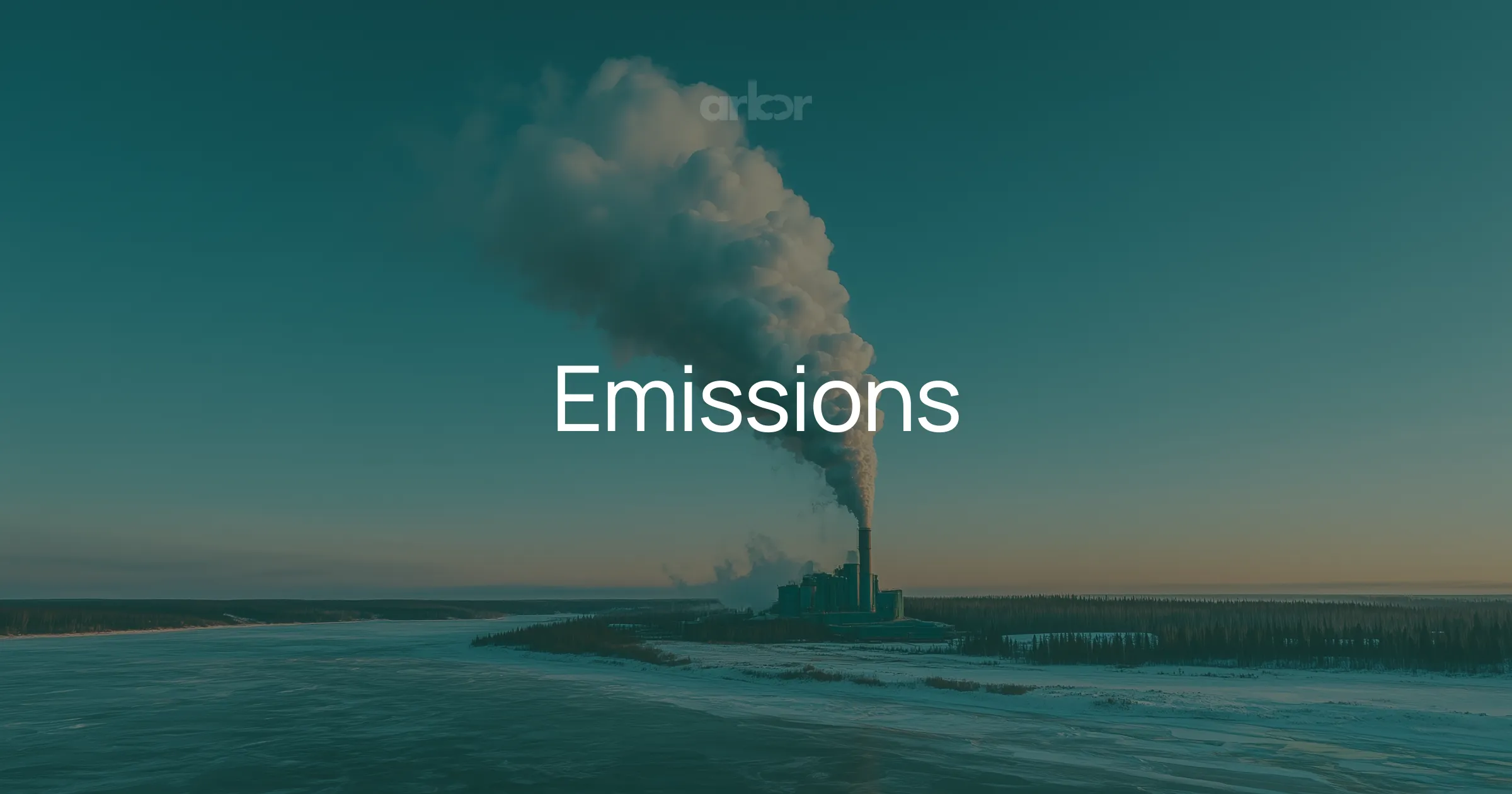
.webp)
%20Directive.webp)
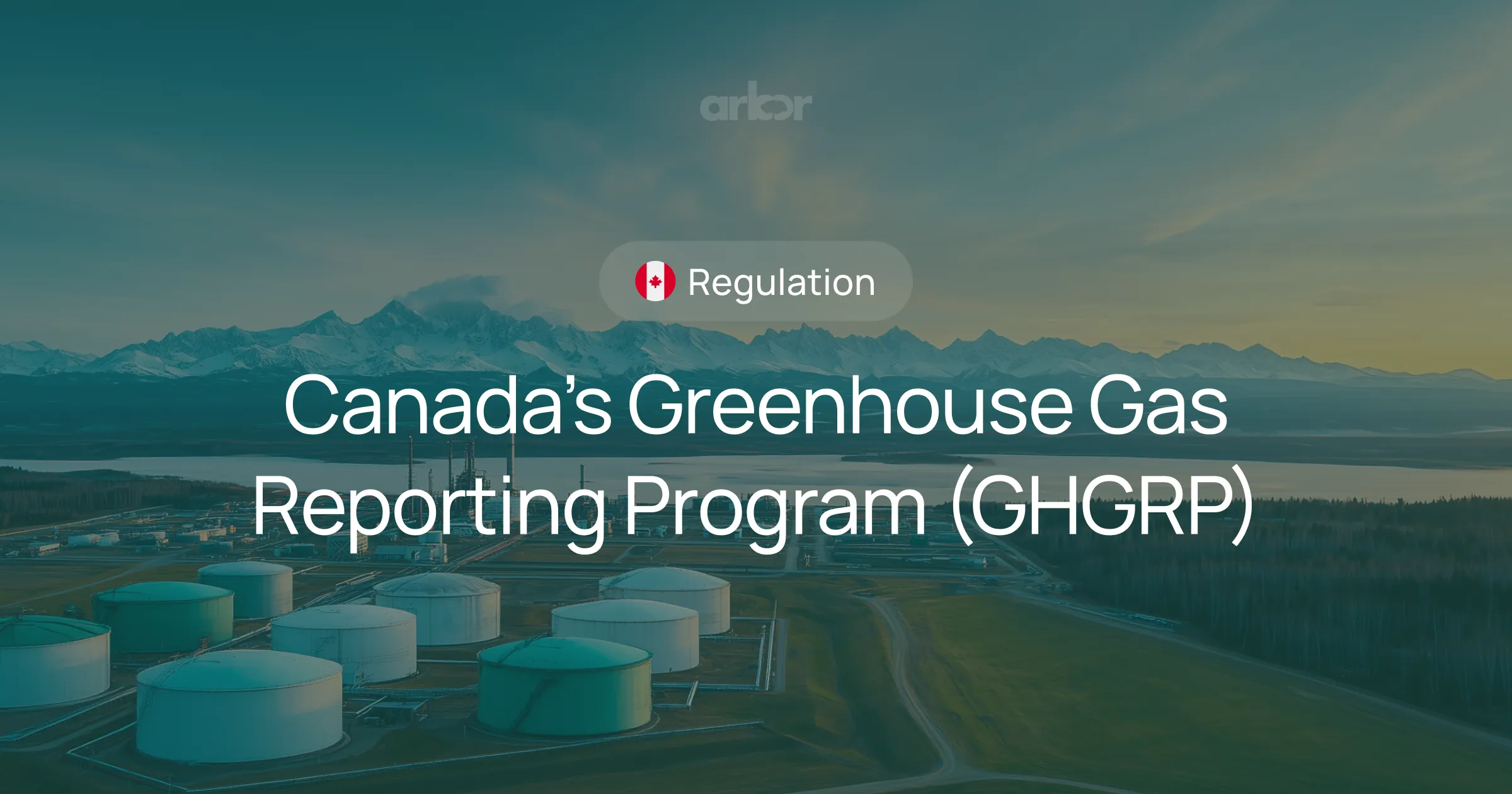

.webp)
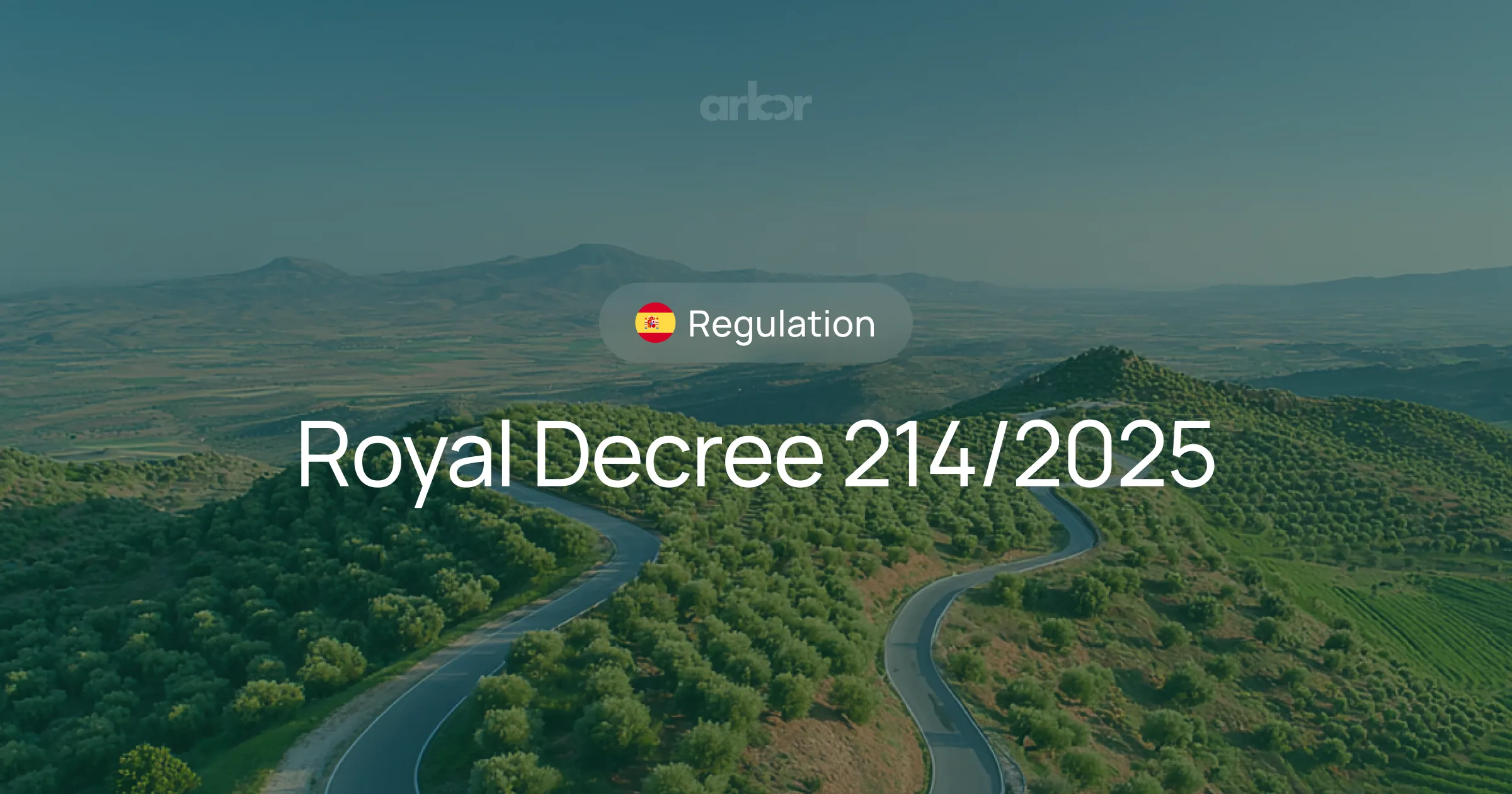

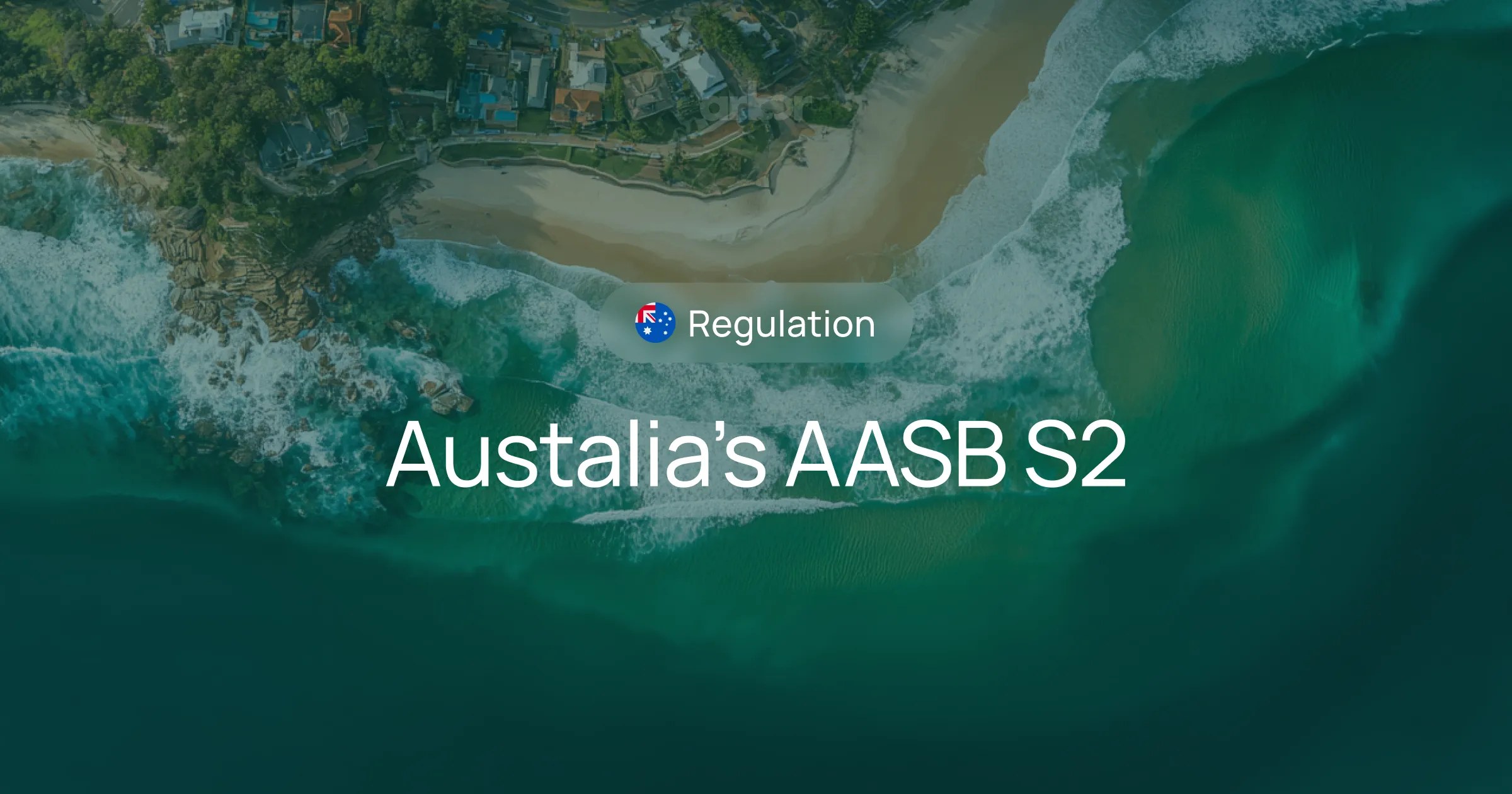
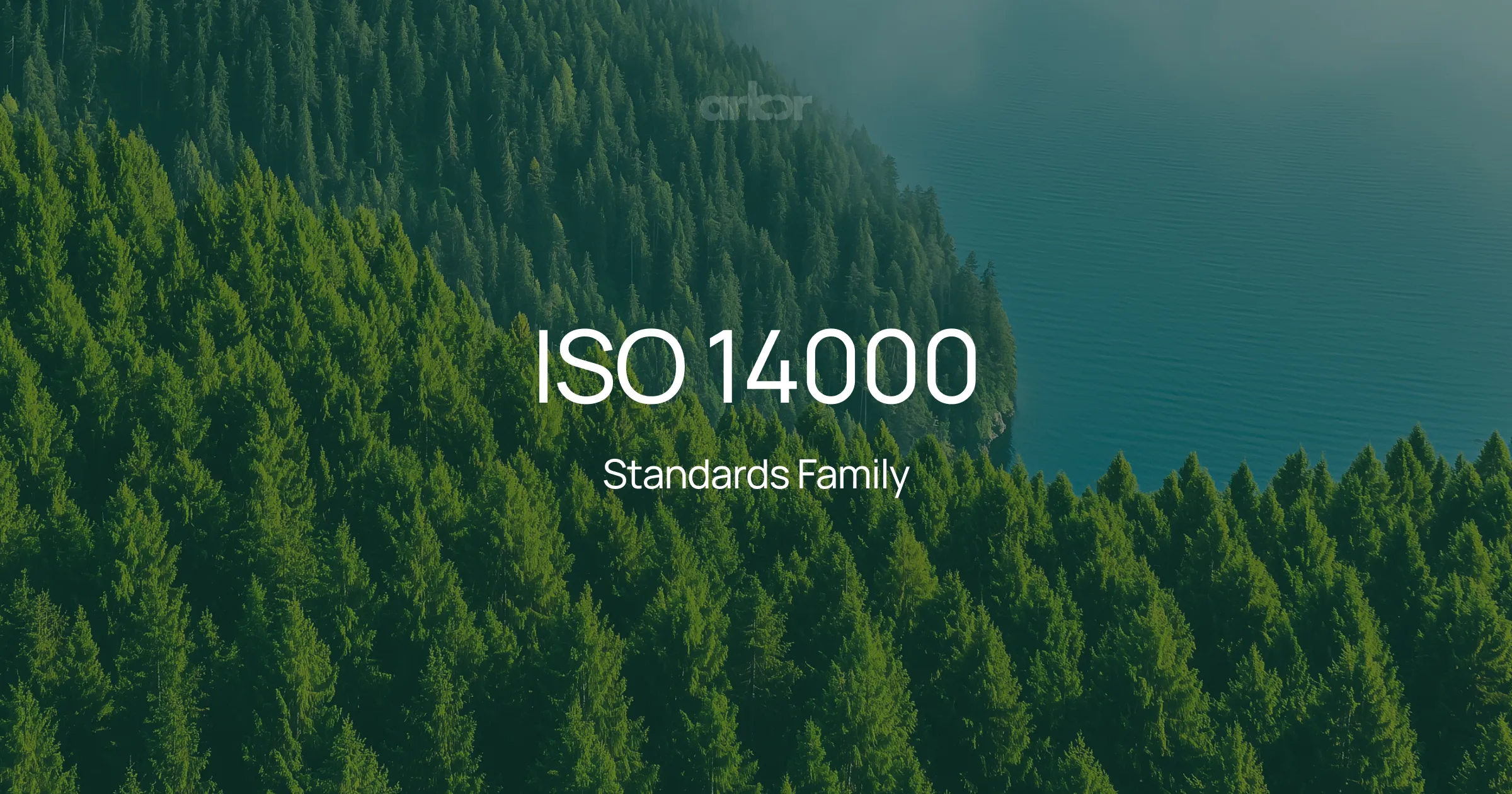
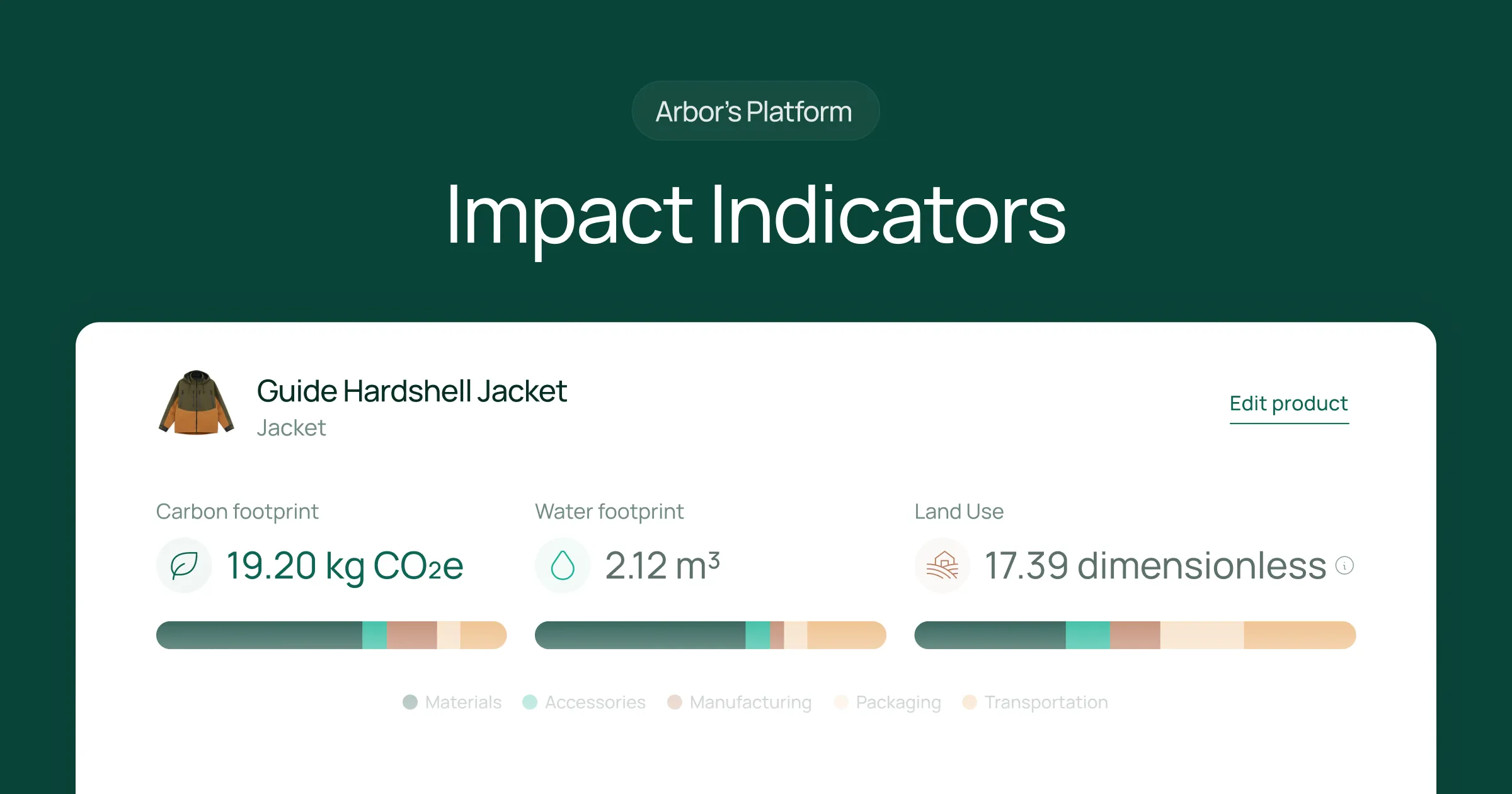
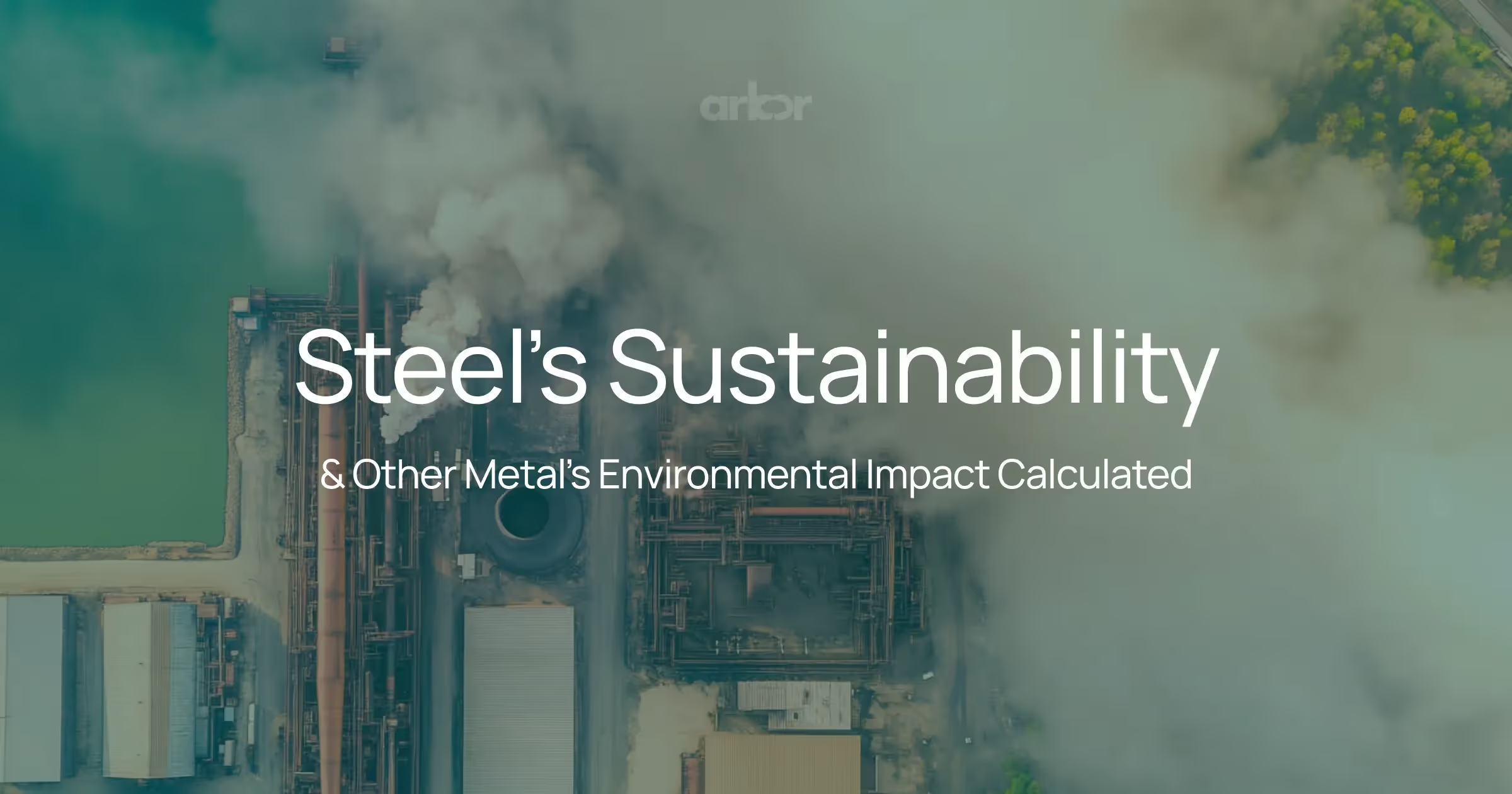


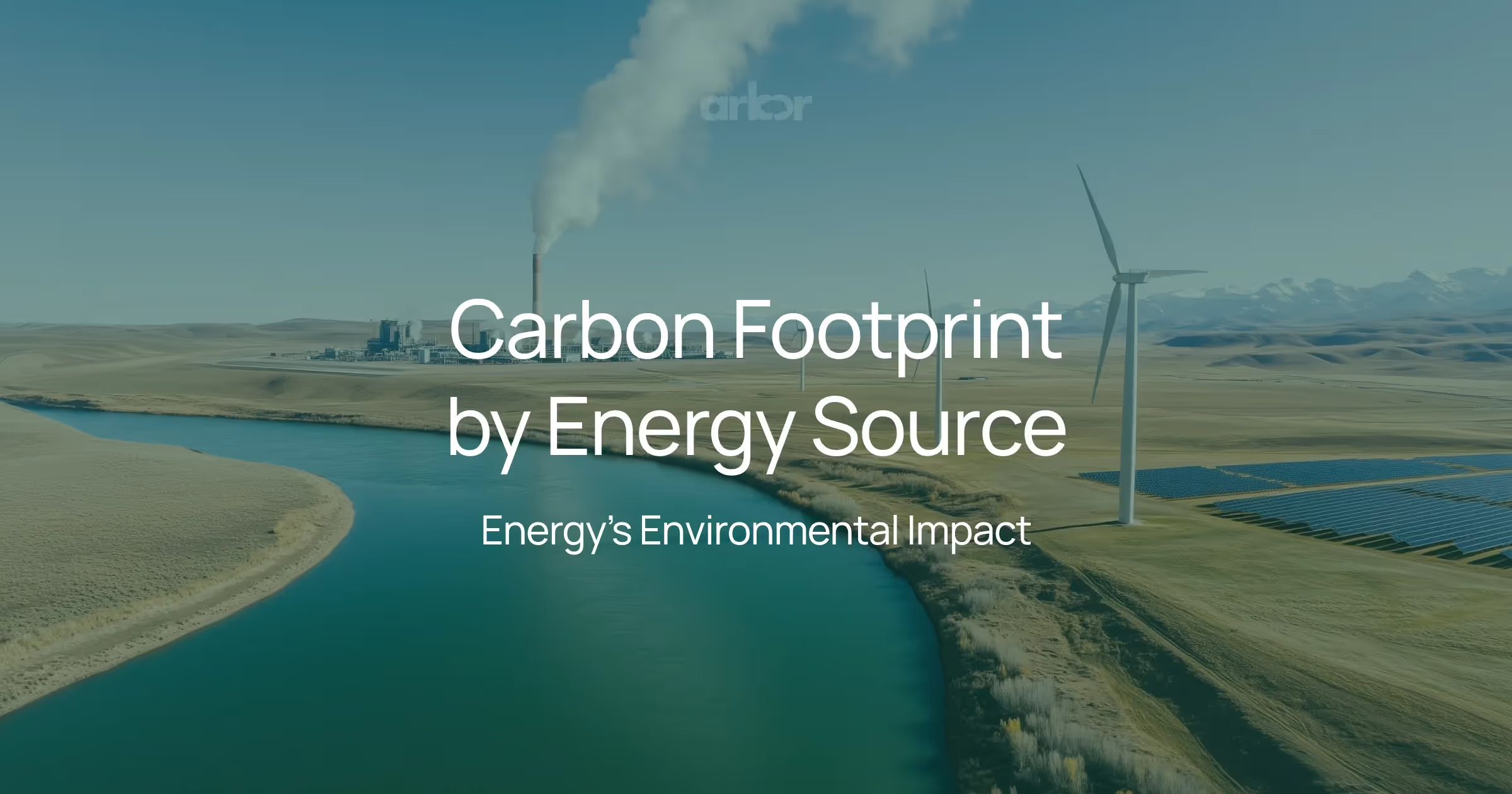


%20Arbor.avif)
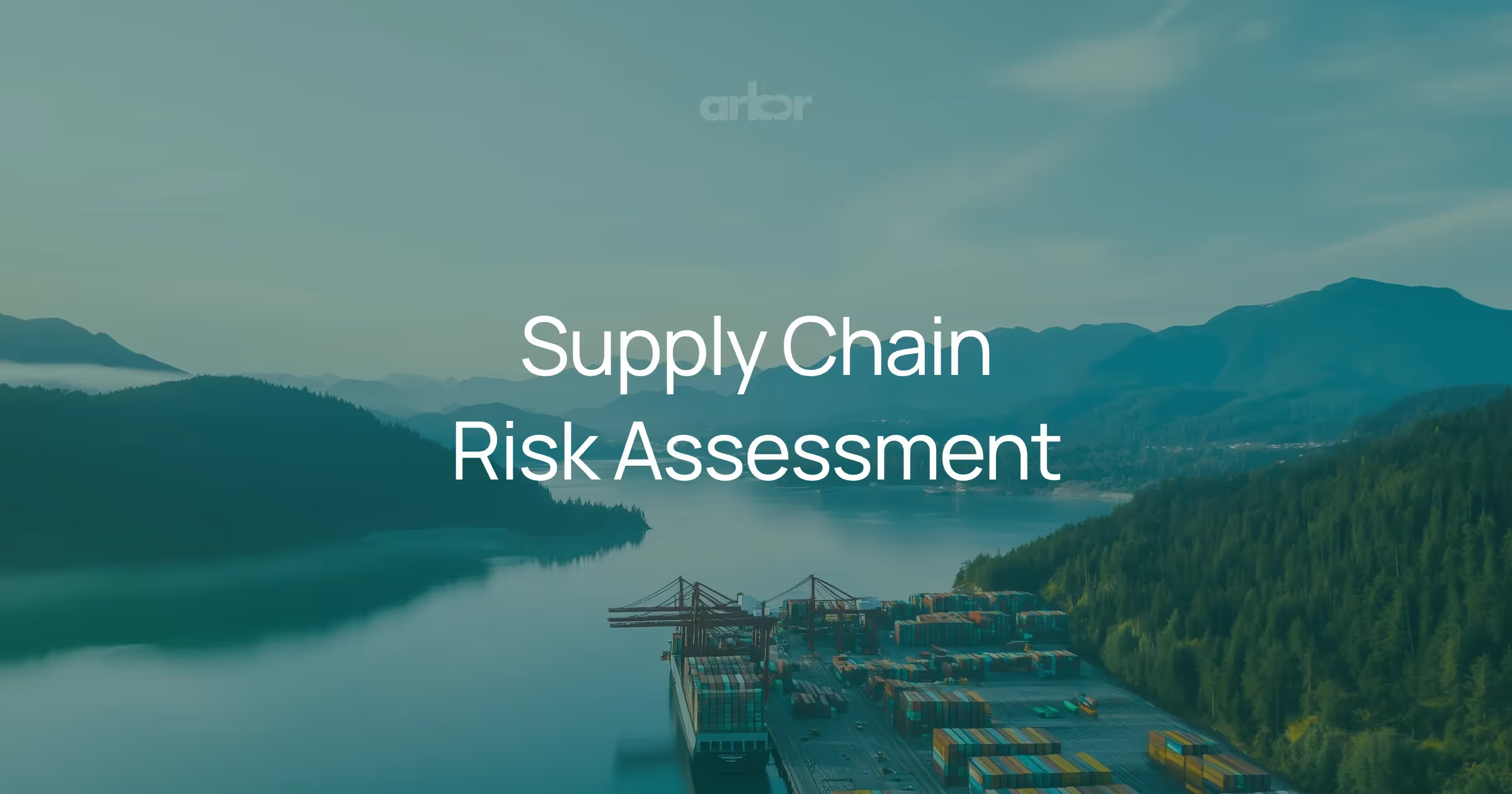
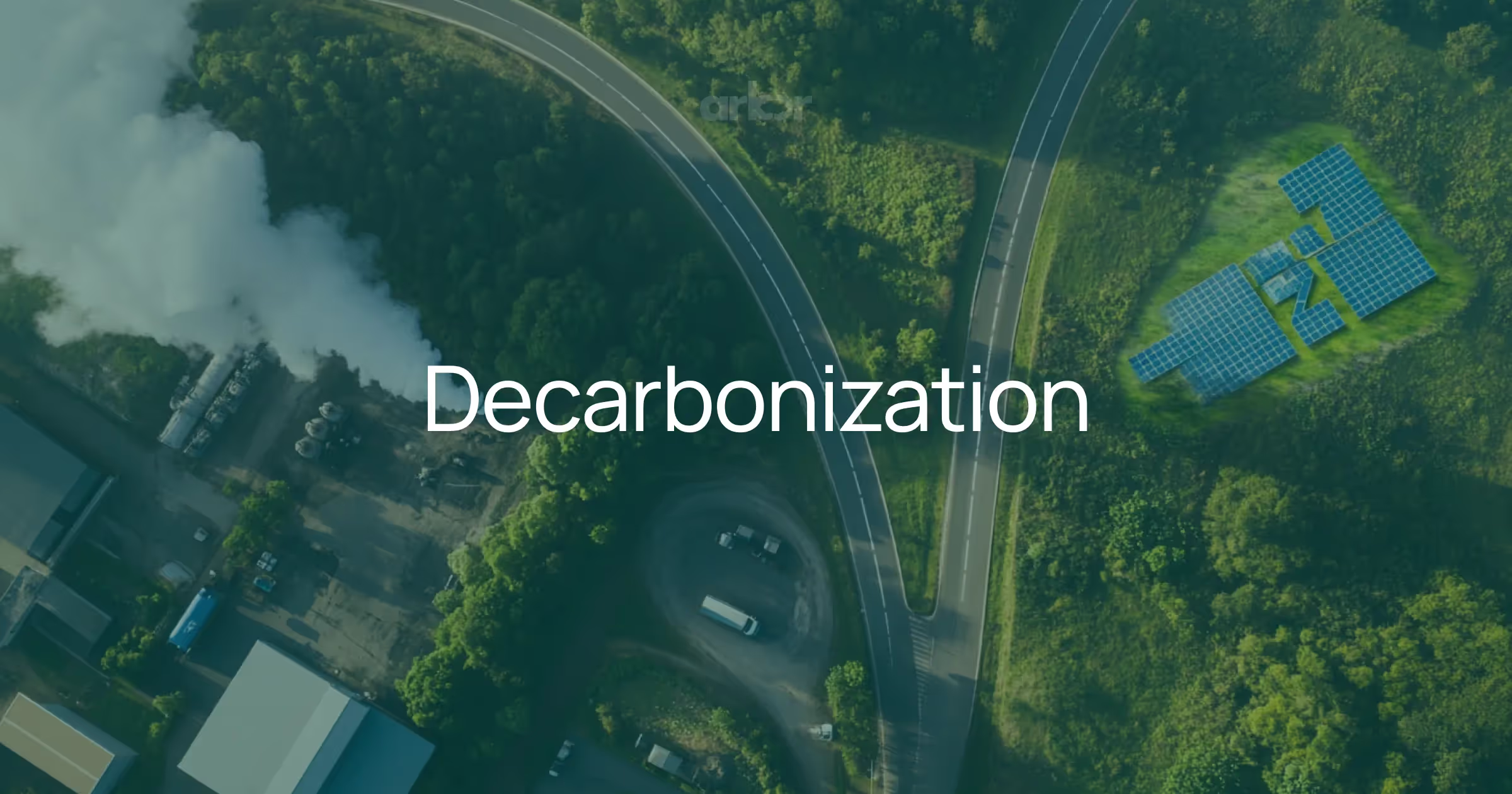



%20Arbor.avif)
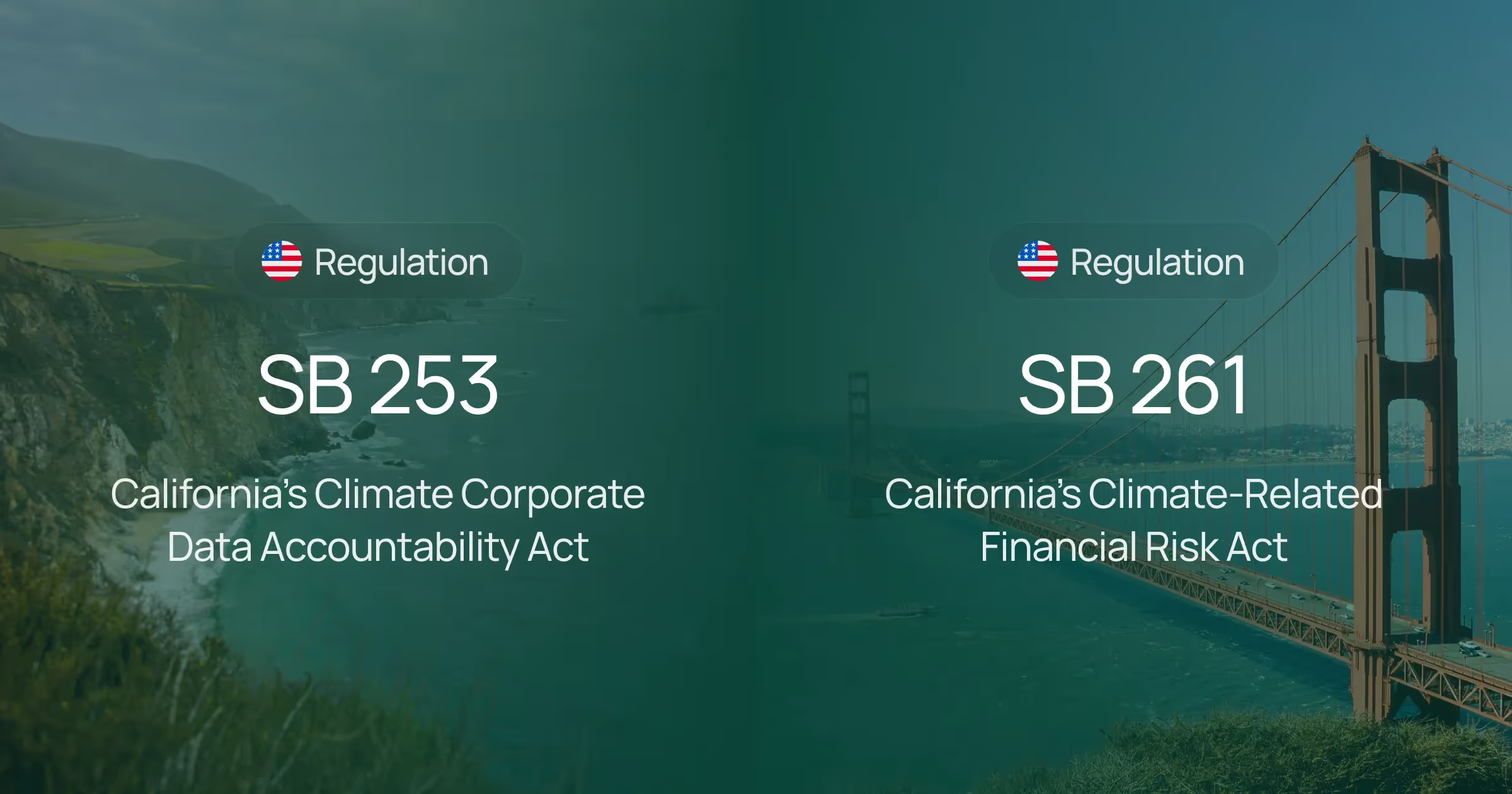
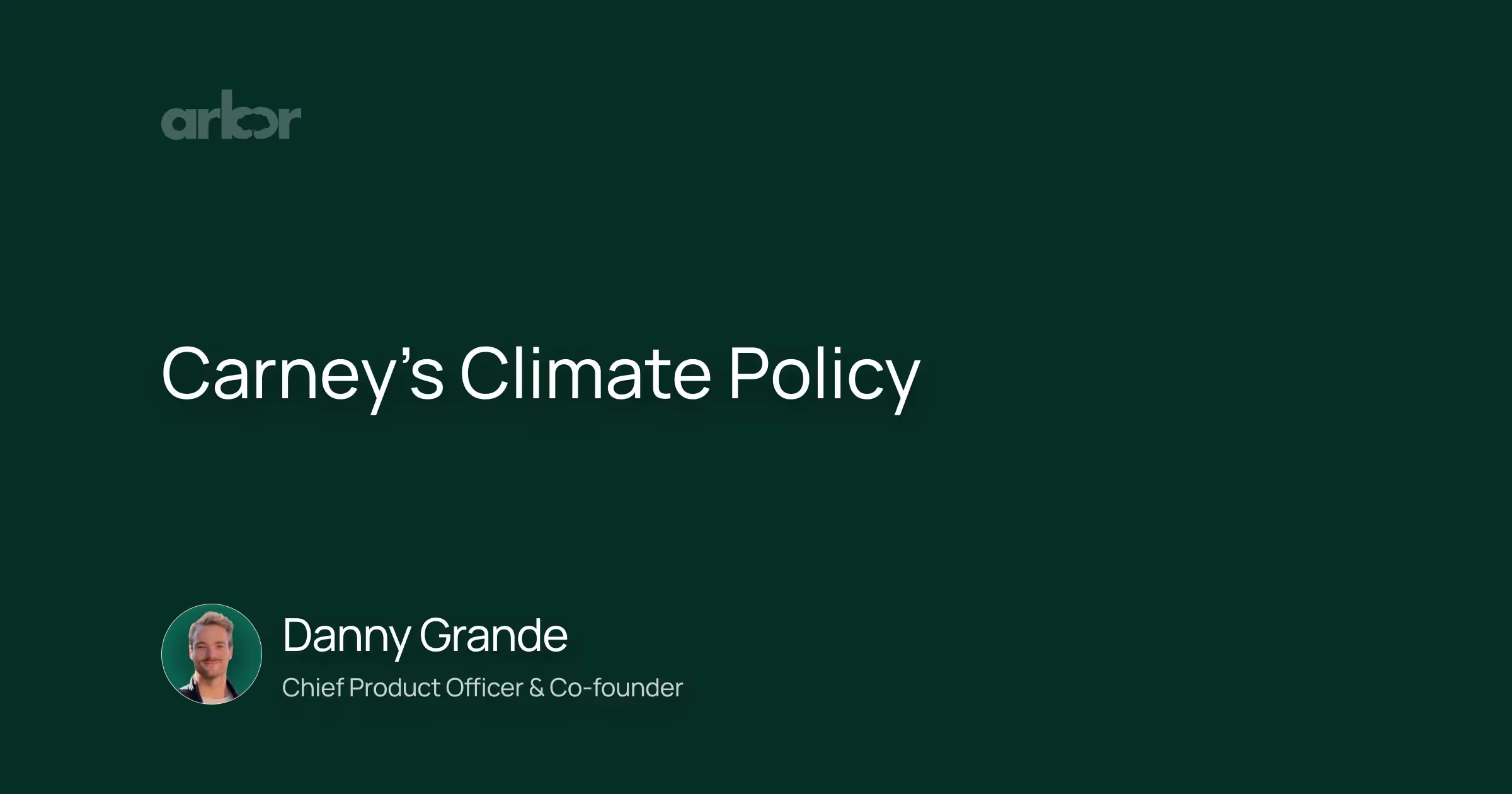
.avif)
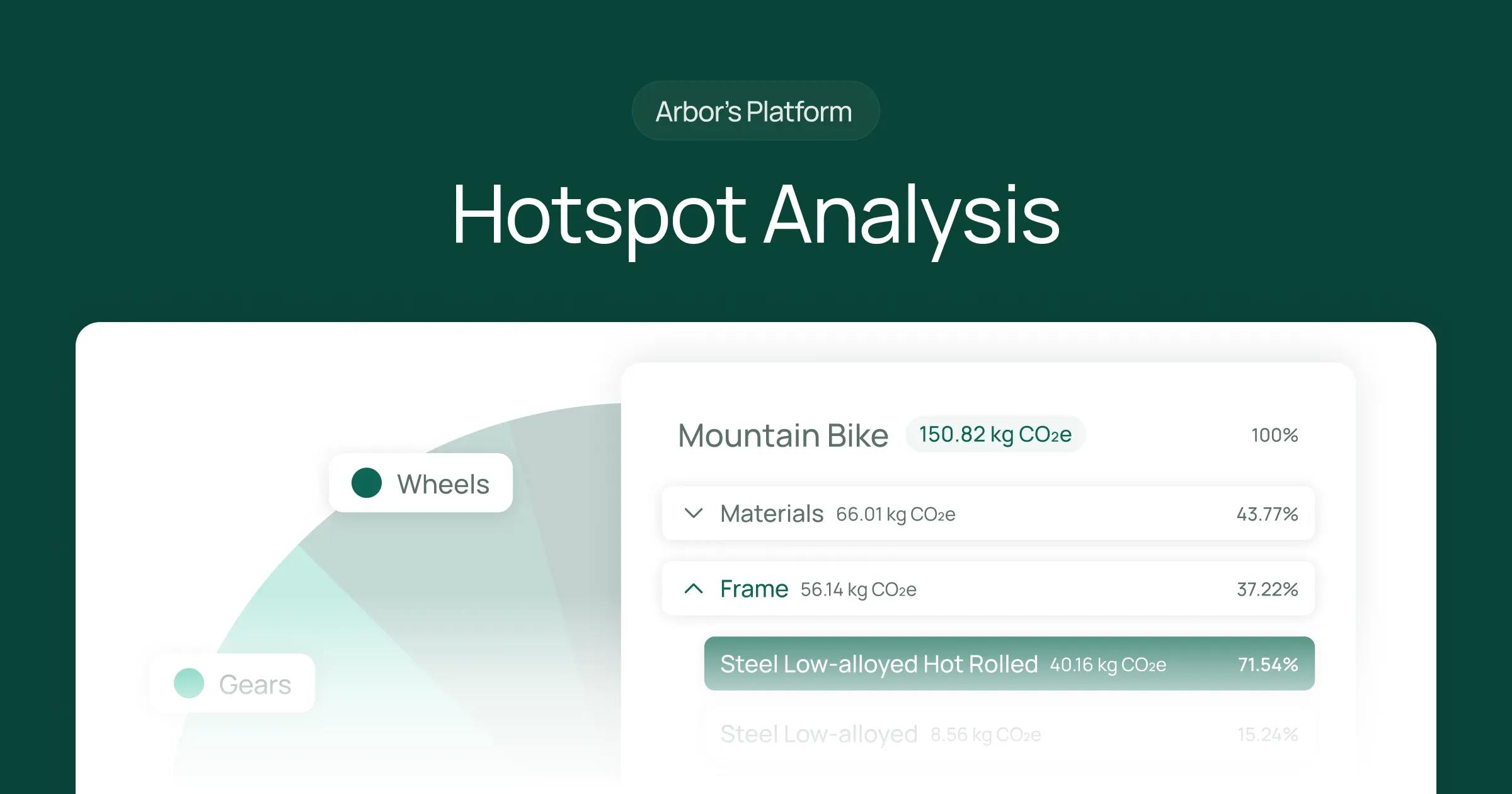

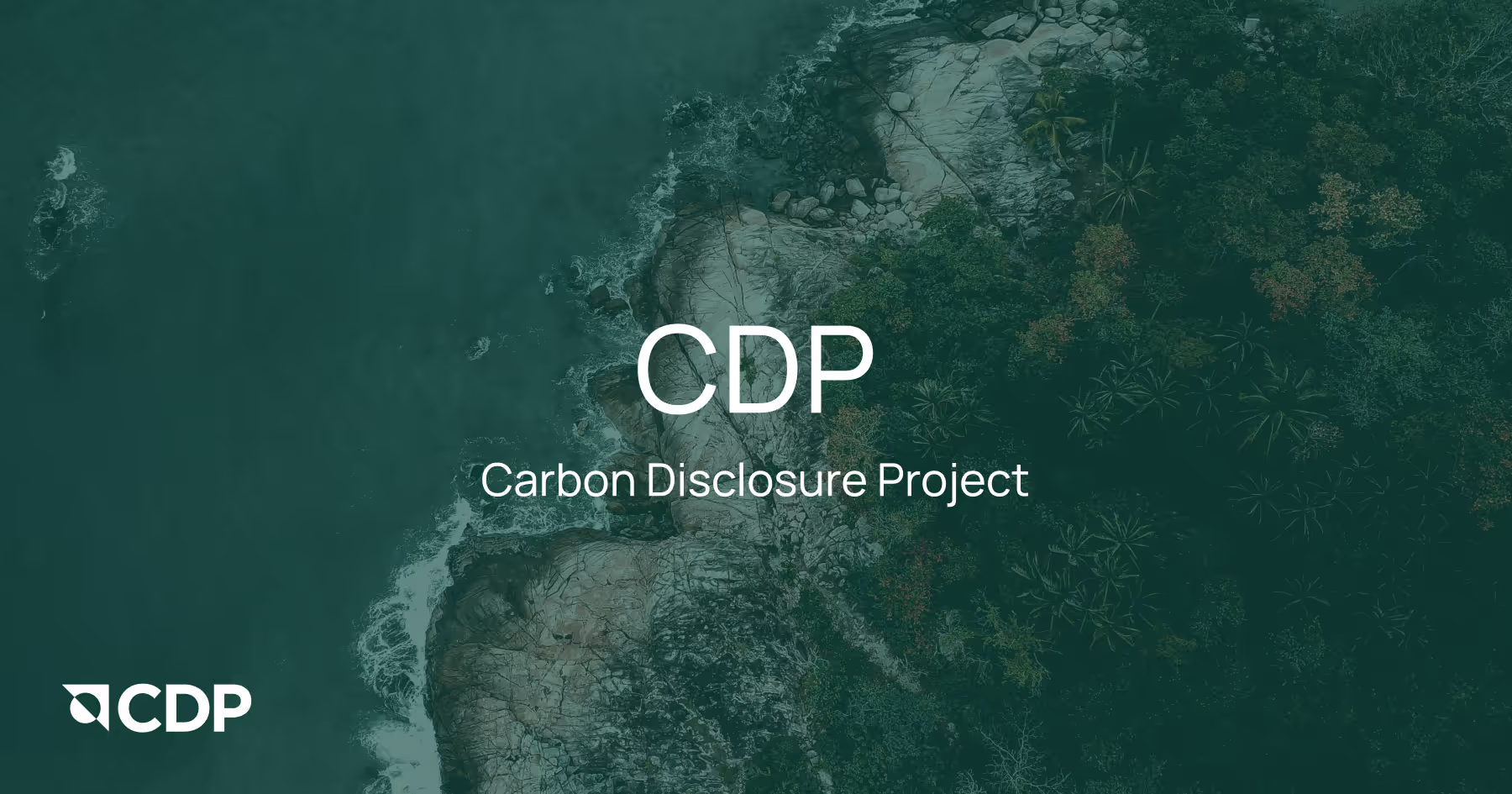
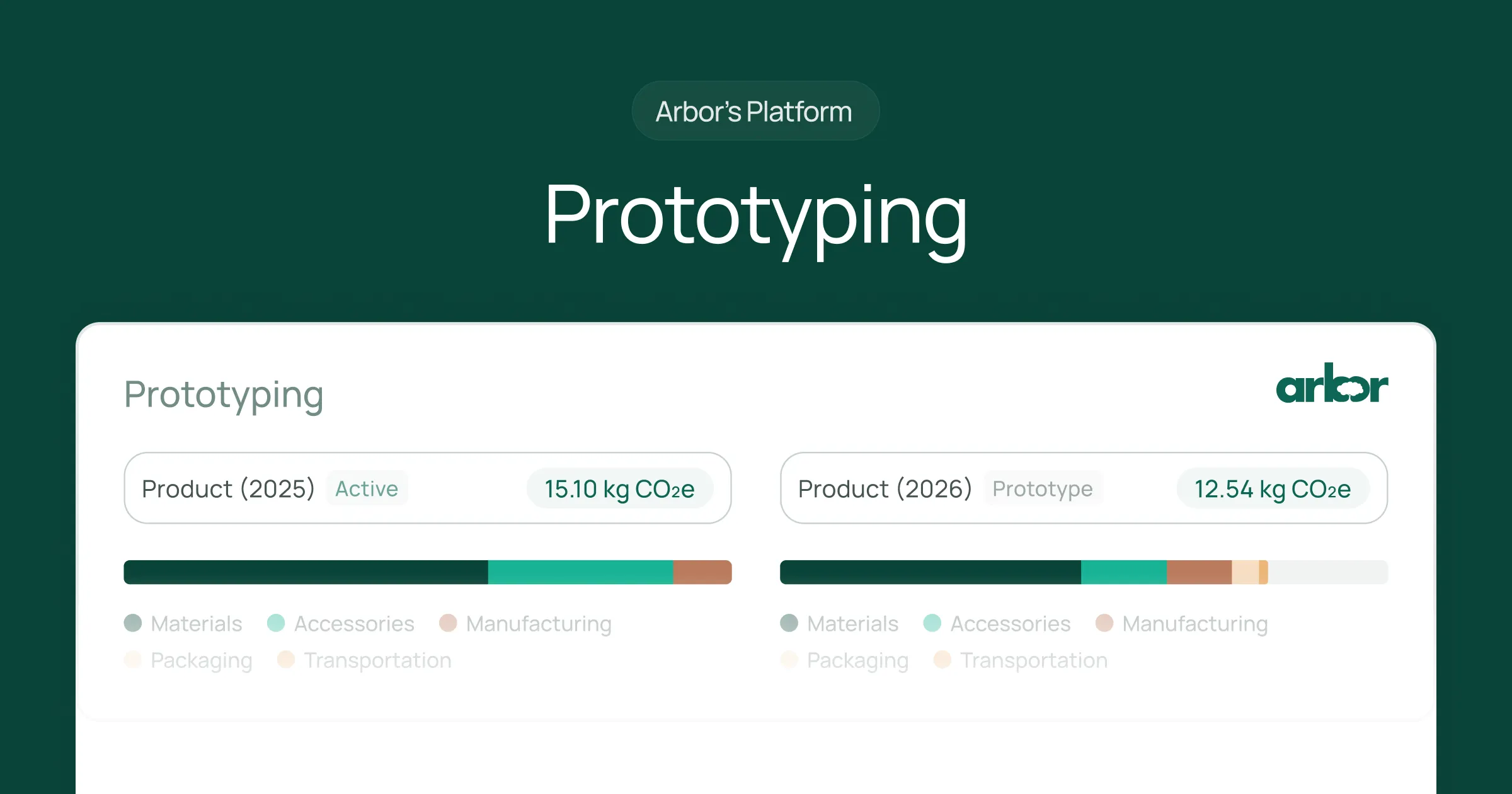


%20Arbor%20Canada.avif)
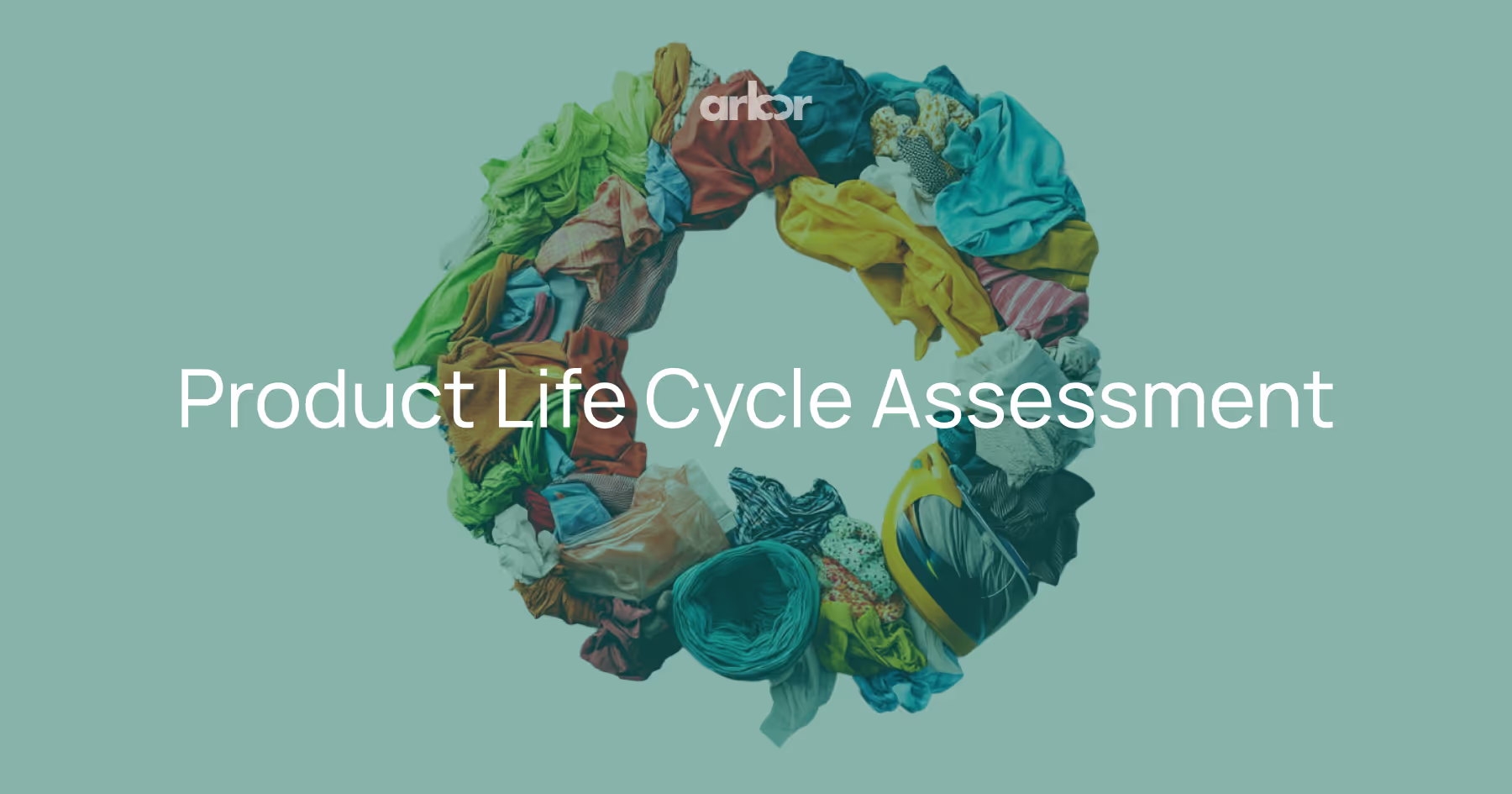
.avif)
%20Arbor.avif)
.avif)
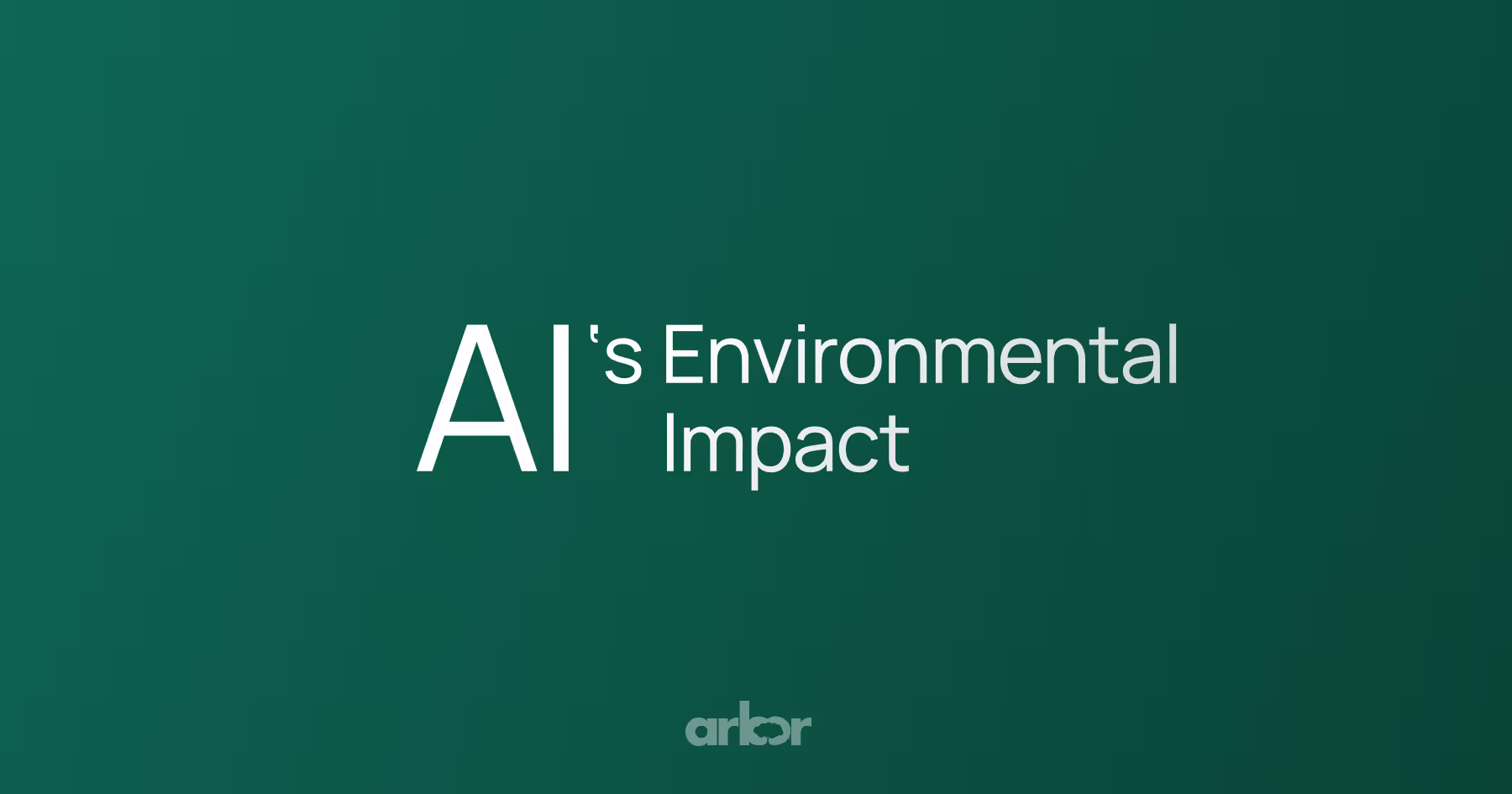

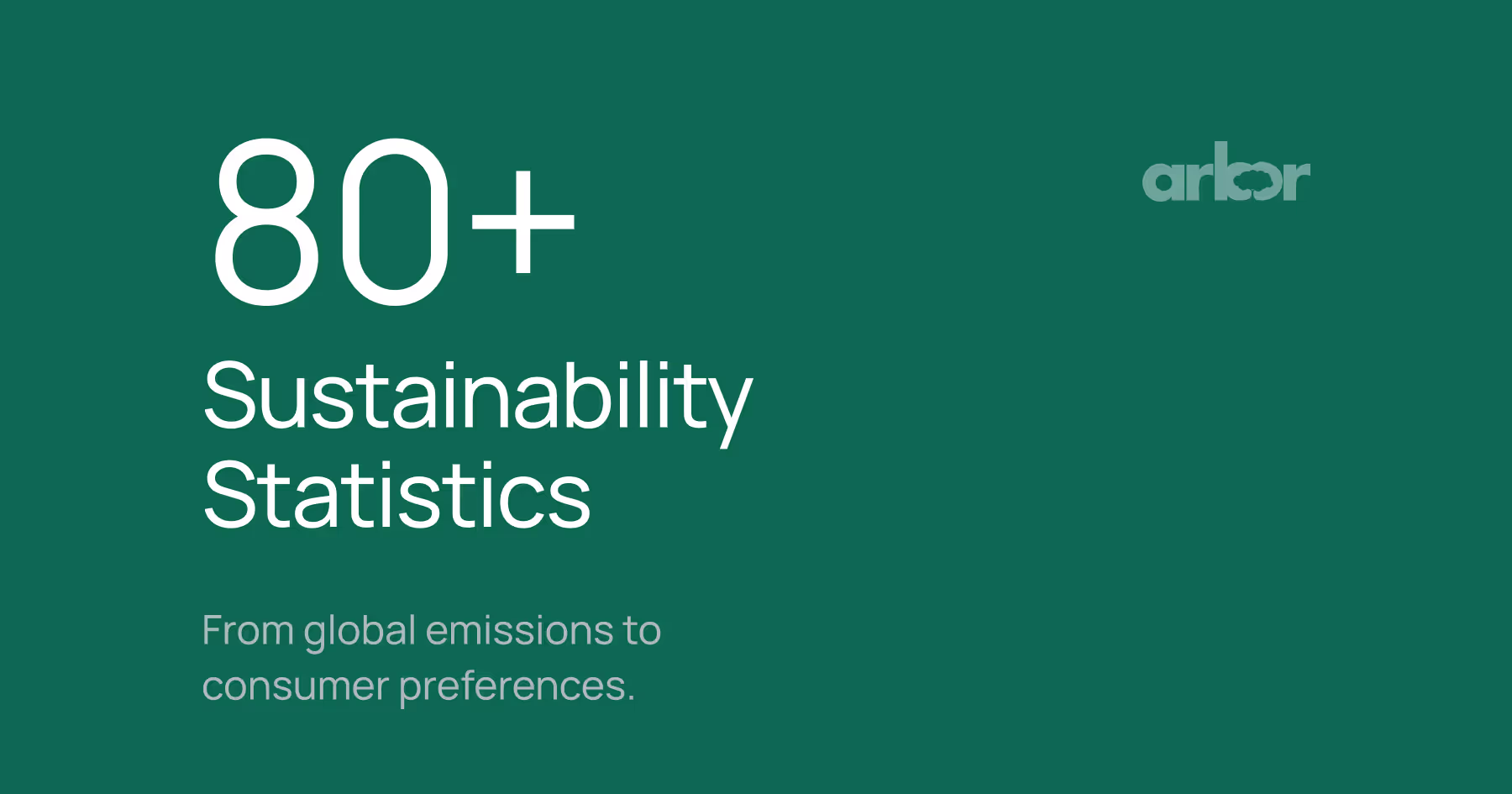
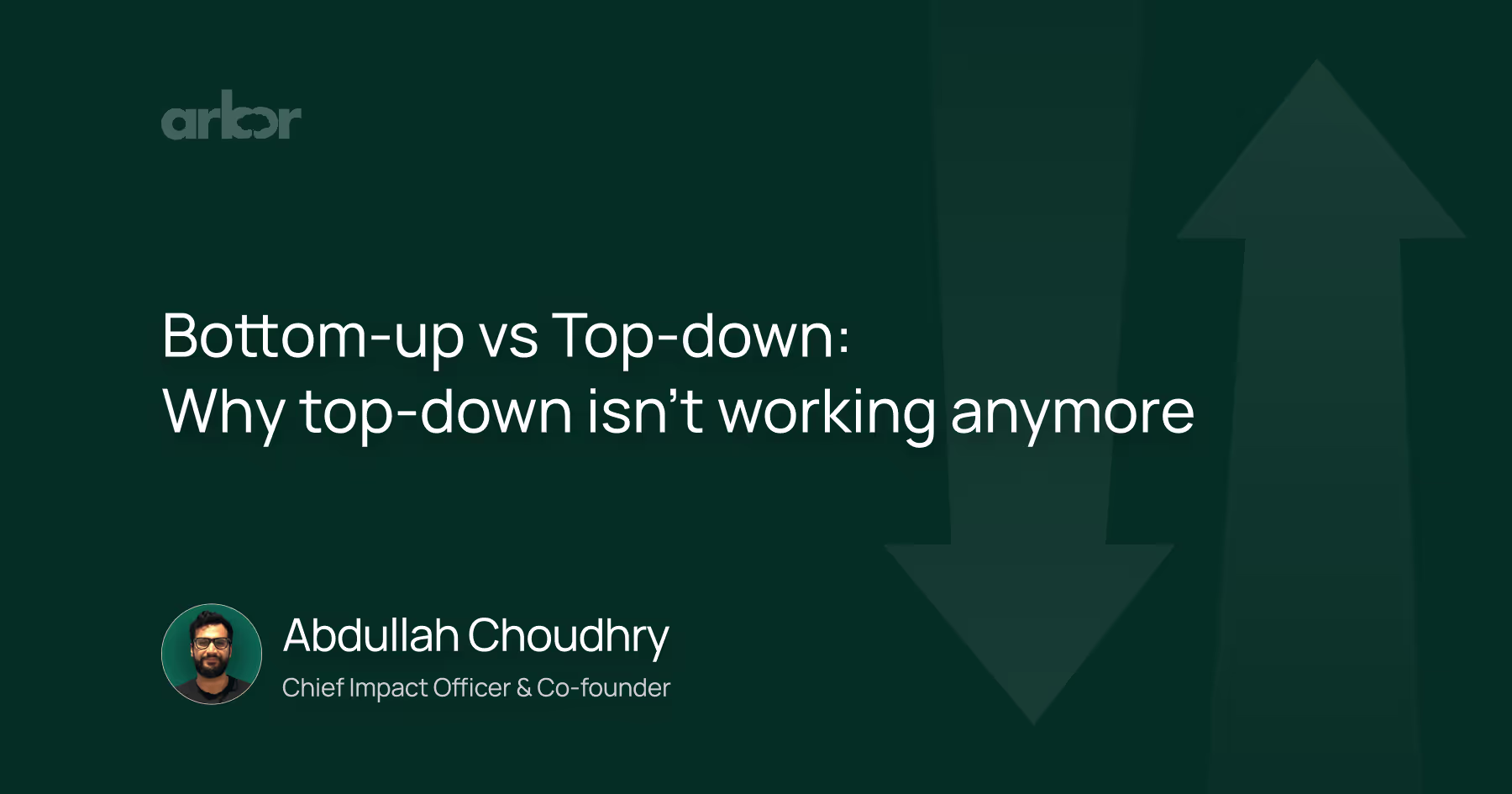
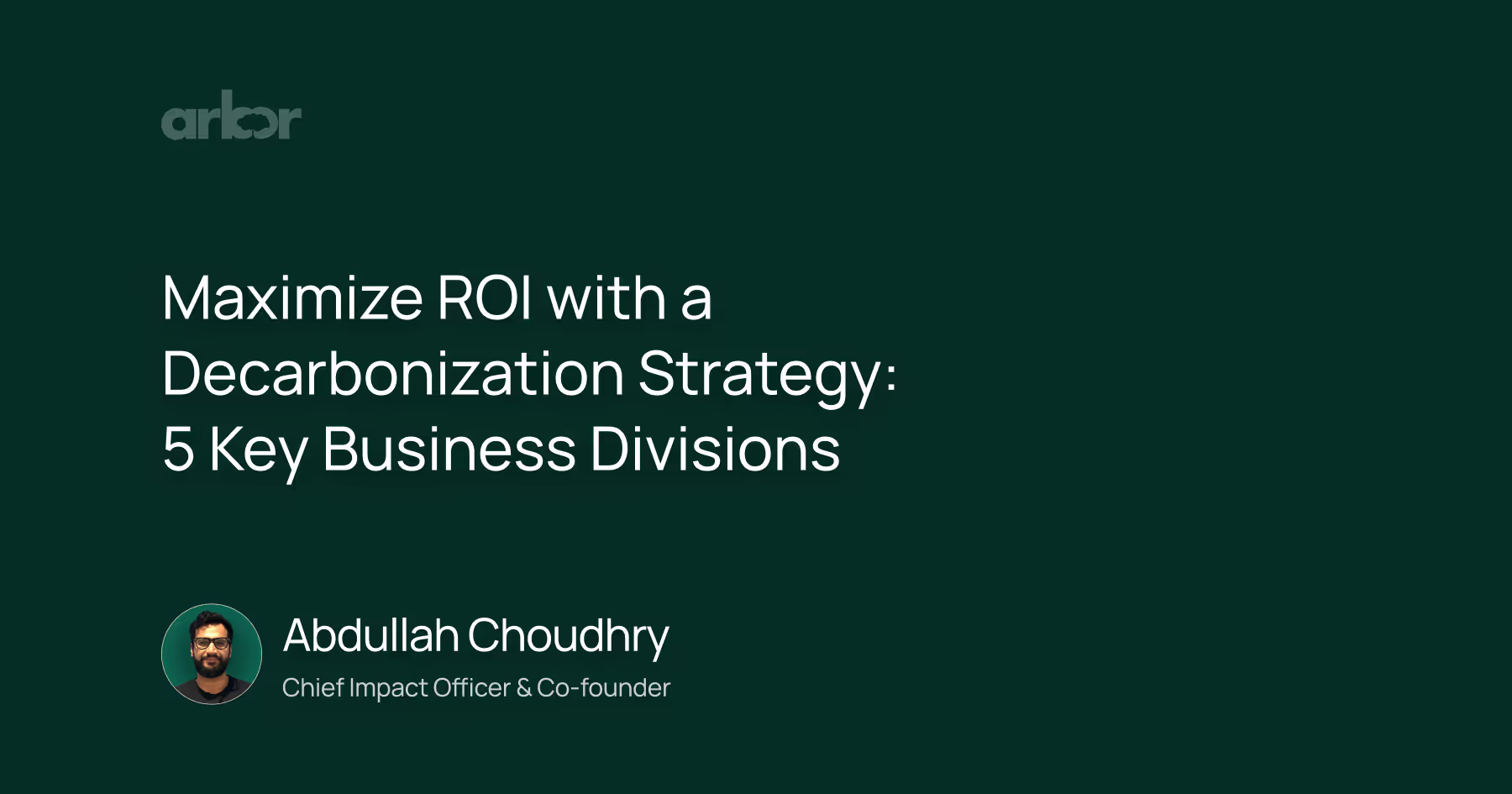
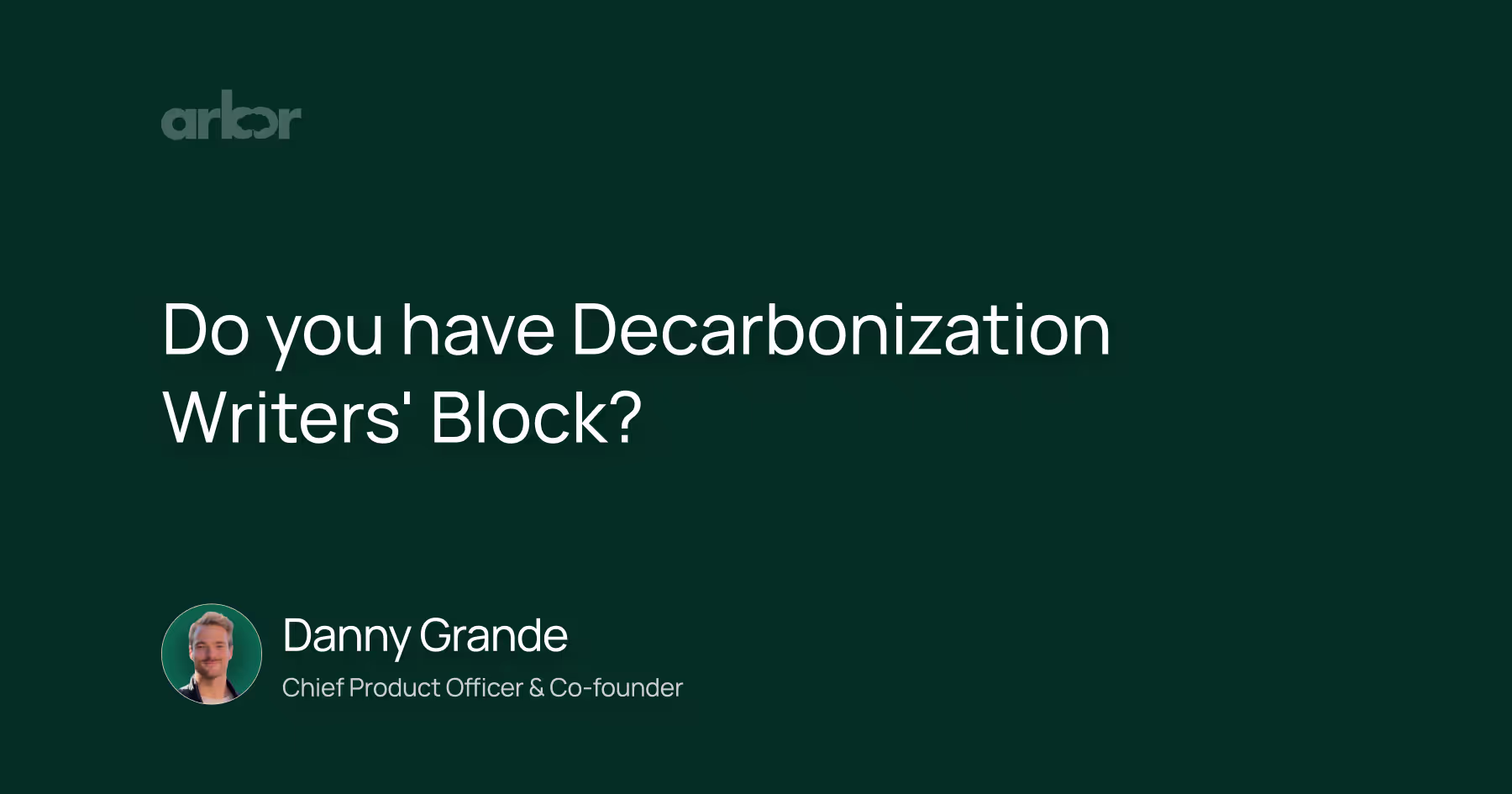
_.avif)
.avif)
%20Arbor.avif)




%20Software%20and%20Tools.avif)





.avif)
.avif)
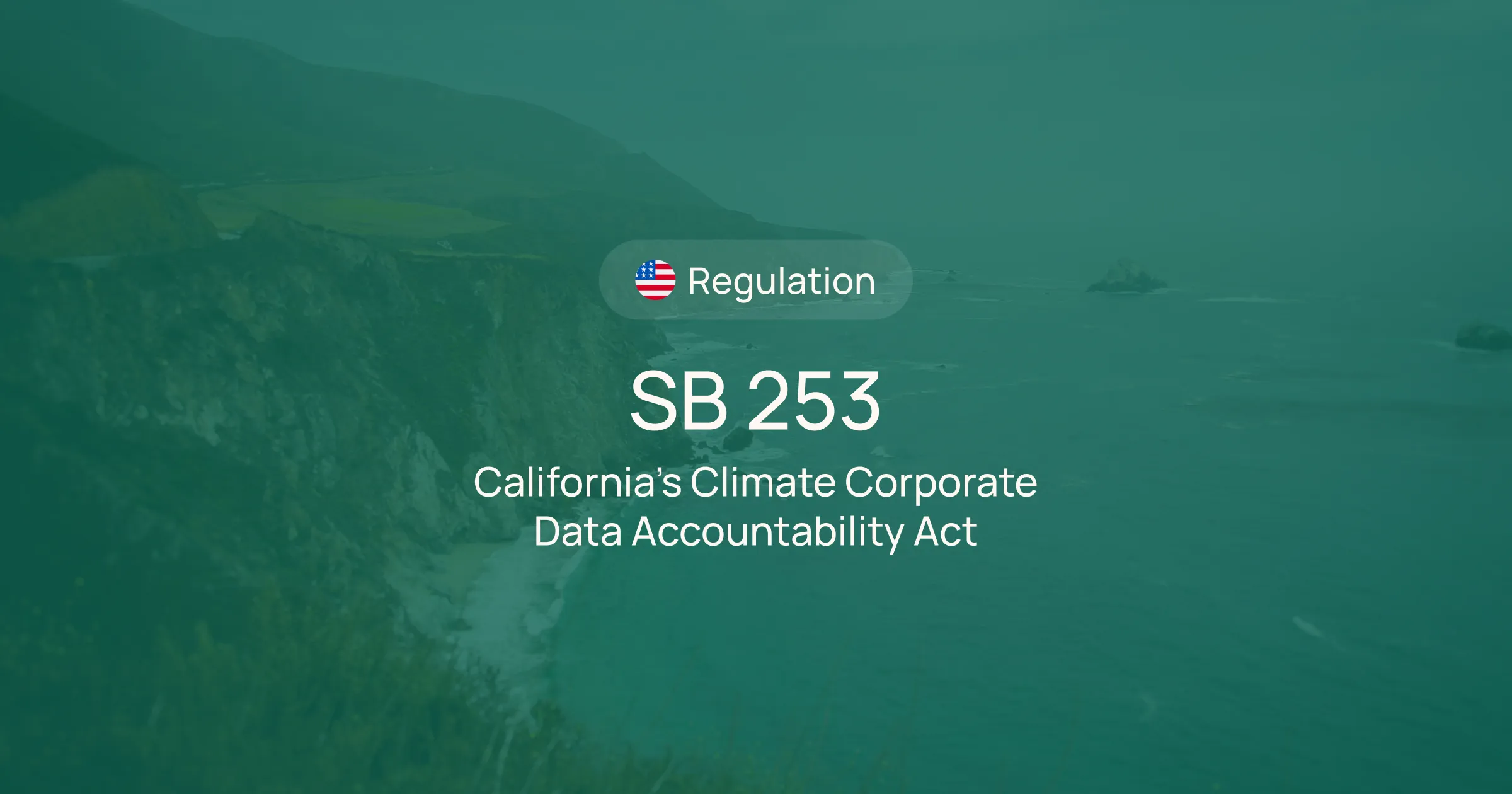



%20EU%20Regulation.avif)







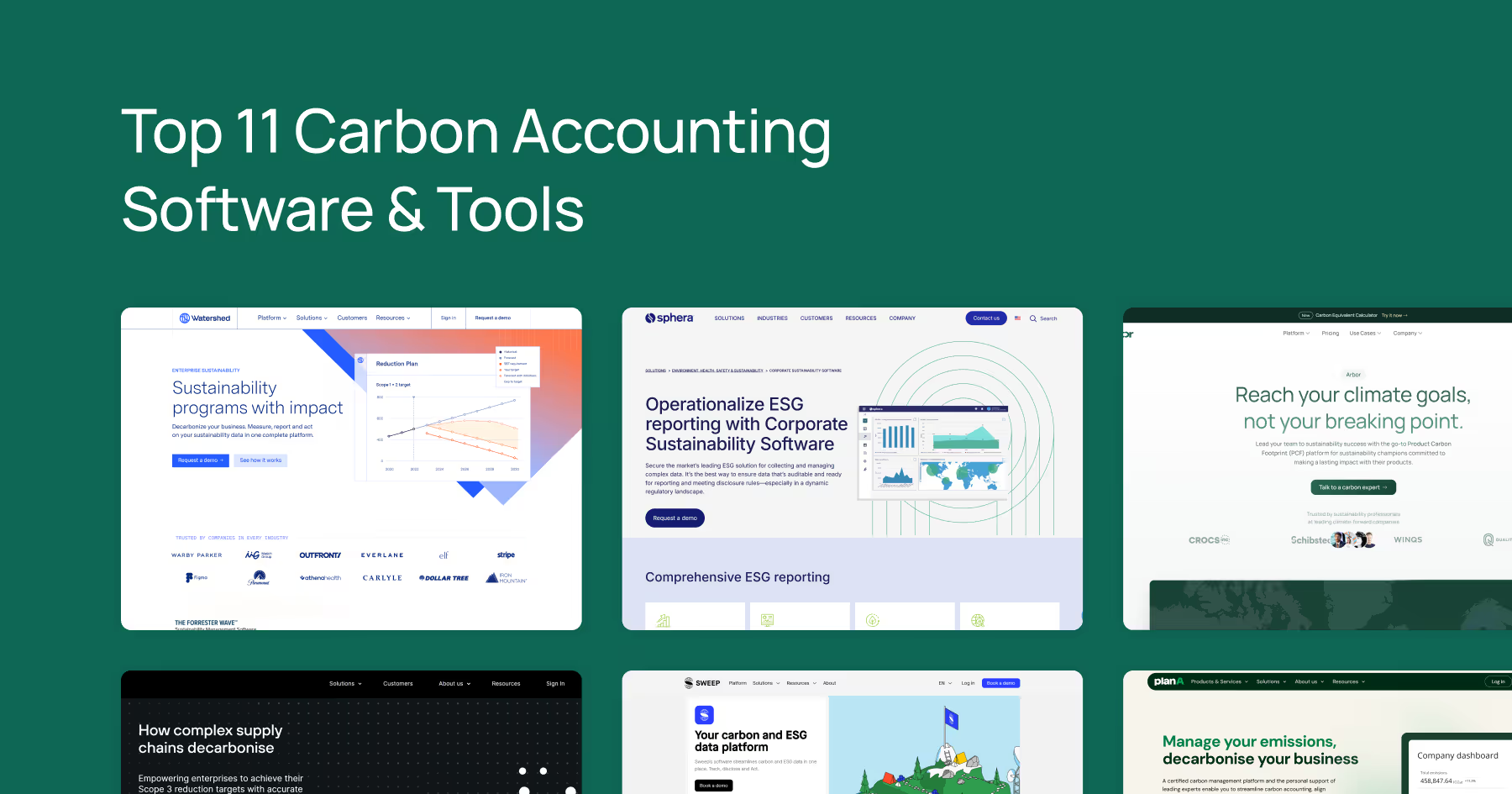




.avif)


%20Arbor.avif)









_%20_%20Carbon%20101.avif)






.avif)









